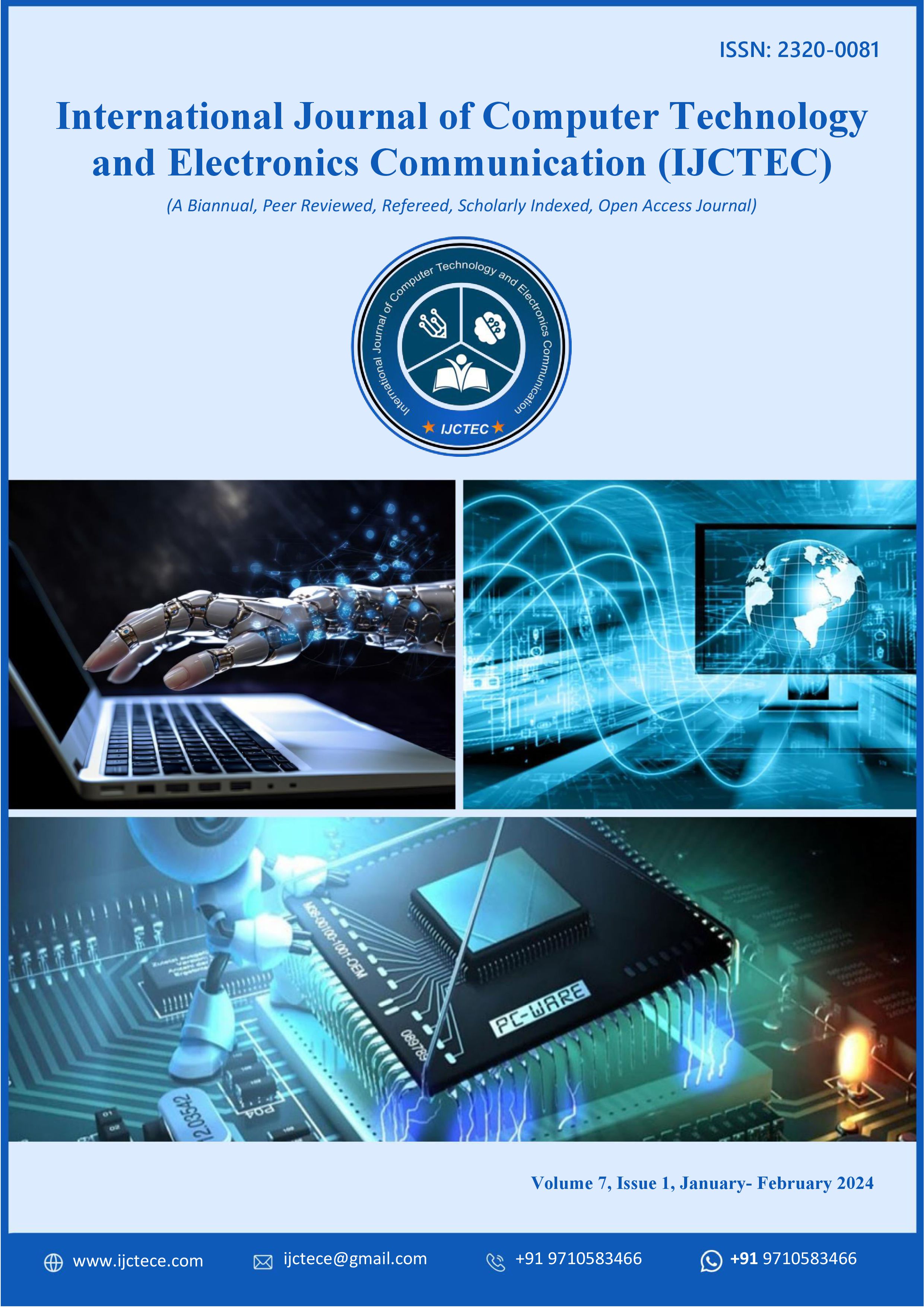Python-Based Deep Learning: Advances, Challenges, and Sustainable Approaches
DOI:
https://doi.org/10.15680/IJCTECE.2024.0701002Keywords:
Deep Learning, Python, Sustainability, Model Optimization, Energy Efficiency, Neural Networks, AI Algorithms, Python Libraries, Green Computing, Computational ChallengesAbstract
Deep learning has emerged as a transformative technology, enabling advancements in fields such as computer vision, natural language processing, and autonomous systems. Python, with its comprehensive libraries and frameworks, has become the primary language for developing deep learning models. This paper explores the latest advancements in Python-based deep learning, focusing on key frameworks, algorithms, and innovations. It also discusses the challenges associated with implementing deep learning solutions, such as computational cost, data quality, and model interpretability. Furthermore, it addresses sustainable approaches to deep learning, emphasizing energy-efficient techniques, model optimization, and the adoption of green computing practices. By understanding these advancements and challenges, we can push forward towards more efficient and sustainable deep learning solutions using Python.
References
1. Abadi, M., et al. (2016). TensorFlow: A System for Large-Scale Machine Learning. OSDI, 16, 265-283.
2. Sachin Dixit, "The Impact of Quantum Supremacy on Cryptography : Implications for Secure Financial Transactions" International Journal of Scientific Research in Computer Science, Engineering and Information Technology(IJSRCSEIT), ISSN : 2456-3307, Volume 6, Issue 4, pp.611-637, July-August-2020. Available at doi : https://doi.org/10.32628/CSEIT2064141
3. Paszke, A., et al. (2019). PyTorch: An Imperative Style, High-Performance Deep Learning Library. NeurIPS 2019.
4. Howard, J., et al. (2017). Speeding Up Neural Networks with Model Compression. arXiv preprint arXiv:1706.01473.
5. P Pulivarthy, S Semiconductor, IT Infrastructure.(2023), " ML-driven automation optimizes routine tasks like backup and recovery, capacity planning and database provisioning ", Excel International Journal of Technology, Engineering and Management", 10, 1_Page_22-31
6. Dhruvitkumar, V. T. (2021). Scalable AI and data processing strategies for hybrid cloud environments.
7. Ramanathan, U.; Rajendran, S. Weighted Particle Swarm Optimization Algorithms and Power Management Strategies for Grid Hybrid Energy Systems. Eng. Proc. 2023, 59, 123. [Google Scholar] [CrossRef]
8. Chen, J., et al. (2021). Sustainable Deep Learning: Challenges and Opportunities. IEEE Access, 9, 12345-12357.
9. Shekhar, P. C. (2024). Chaos Testing: A Proactive Framework for System Resilience in Distributed Architectures.
10. Keras Documentation. (2023). Building Deep Learning Models with Keras. Retrieved from https://keras.io/
11. Patterson, D., et al. (2021). Carbon Emissions and Deep Learning. ACM Computing Surveys, 54(1), 1-25.


